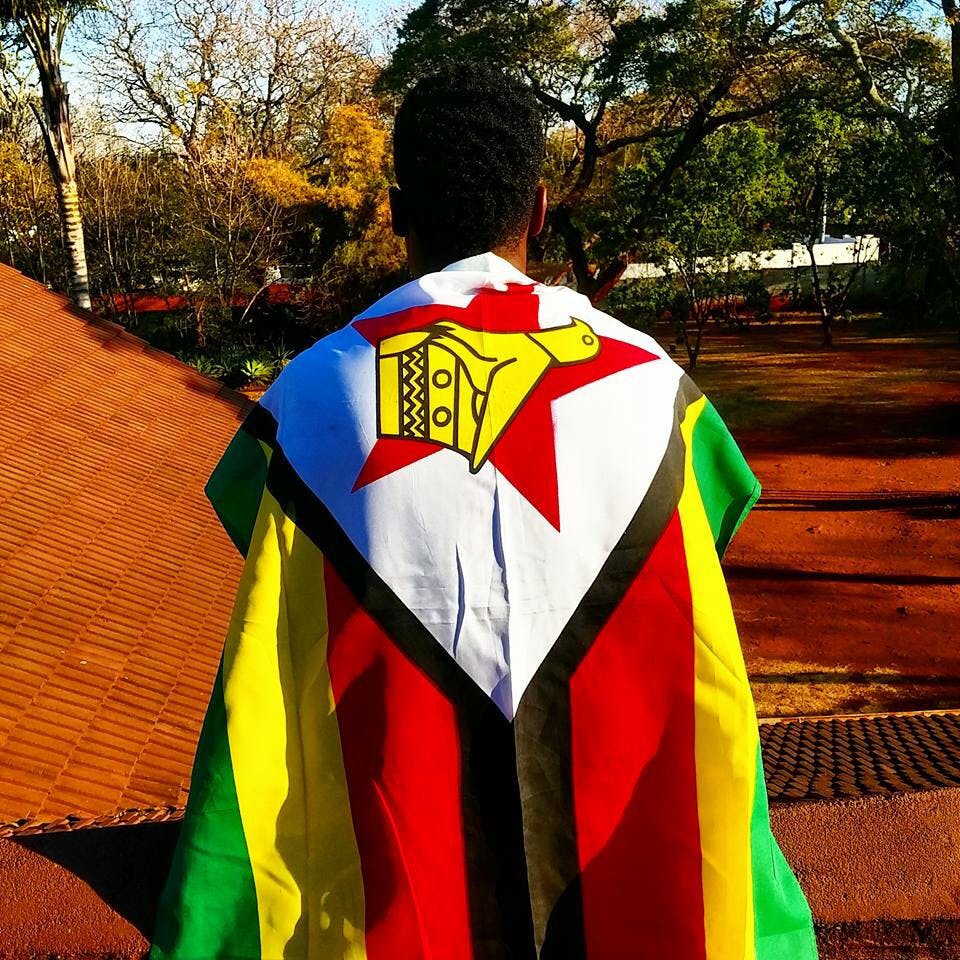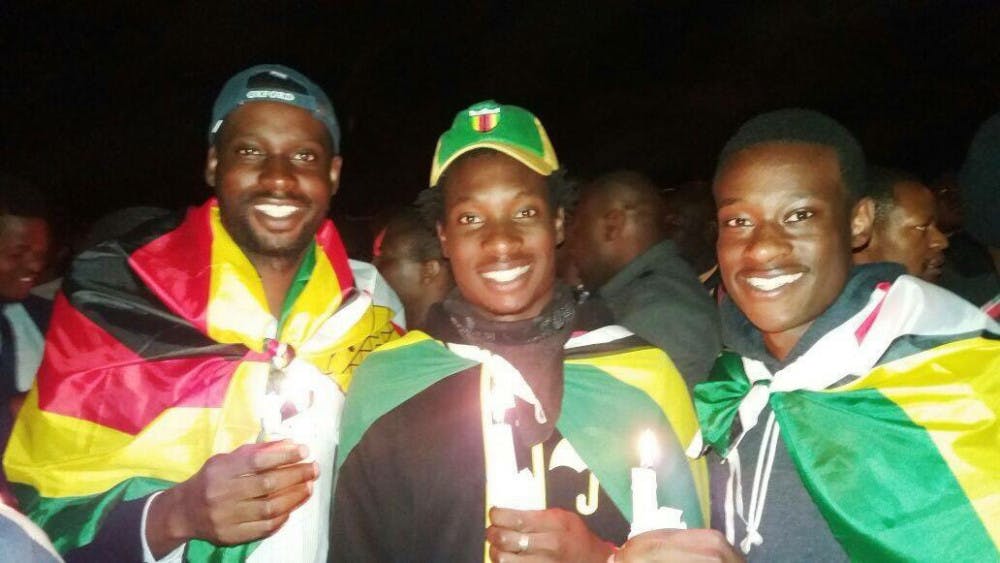On the evening of Nov. 14, 2017, my family’s group chat went haywire. Many people claimed to have seen military tanks moving into the city and blocking off all exits out of the city. Hours later, reports of explosions and gunshots being heard confirmed the situation: a military coup was underway. The next morning, the Major General Sibusiso Moyo announced on national TV that the military activity was not actually a coup, but instead was a patriotic act that would improve life for all — a not-coup if you will.
Four days later, President Mugabe appeared on national TV for the first time since the not-coup had begun. Despite being on house arrest for almost five days, he announced that he would preside over the ZANU-PF (ruling political party) congress, ending his lengthy speech with the now-iconic phrase, “Iwe neni, tine basa” (We’ve got unfinished business). Despite this, at 6 p.m. on Nov. 21, Mugabe resigned from office and Emmerson Mnangagwa was appointed interim president until the July 2018 elections.
Nobody expected change to come instantly, yet as July trickled along, late-Mugabe era frustrations came back to the forefront as many of the same problems, especially regarding the economy, had not been resolved and were actually getting worse. On July 30, 2018, after eight months of anxious anticipation over the state of our transitioning nation, elections were upon Zimbabwe again.
As a Zimbabwean in the diaspora, I was not eligible to vote and so, like the millions of other Zimbabweans living away from home, I followed closely, intent on seeing what this new democracy would result in. This new era of Zimbabwe also came with a widespread desire to fill the vacant role and this was reflected in the 23 presidential candidates who ran for office. They represented different political parties, many of which were recently formed. Of the 23, the two favorites to win were the ZANU-PF candidate and interim president Emmerson Mnangagwa, and the MDC Alliance’s Nelson Chamisa.

Munya Munyati ’20 with the flag of Zimbabwe draped over his shoulders.
The hope for a democratic process was plunged into doubt due to the delay in election. Our excitement surrounding the election rapidly festered as rumors of election rigging and videos of the army shooting at protestors began to surface. Frustration doesn’t even cover the feeling of witnessing all of this after being so close to a new, brighter era. It seemed to become apparent that while the snake does rot from the head, the decay had already sufficiently spread and in this case, a new president in the same corrupt party meant nothing but a continuation of the same governmental disappointment.
On Aug. 2, after a lengthy press conference, Emmerson Mnangagwa emerged victorious with 50.8 percent of the vote and would be Zimbabwe’s third president in the 38 years since independence. With the win of Mnangagwa and ZANU-PF, we look to the future with optimism of a new era of democracy and justice, hoping that that the ruling party will change for the better of the country given the widespread levels of corruption that previously existed. If there is one thing I can be certain of, it is that we Zimbabweans will find a way.
Munya Munyati is a member of the Middlebury College class of 2020.
Elections in Zimbabwe: A New Era

COURTESY PHOTO
Munya Munyati ’20 (center) and his brothers Chido Munyati (left) and Mudiwa “Choky” Munyati at a protest against the Mugabe government in Harare, Zimbabwe in 2016.
Munya Munyati ’20 (center) and his brothers Chido Munyati (left) and Mudiwa “Choky” Munyati at a protest against the Mugabe government in Harare, Zimbabwe in 2016.
COURTESY PHOTO
Comments



